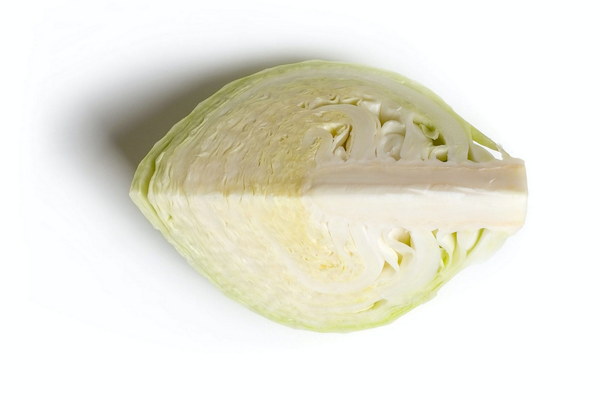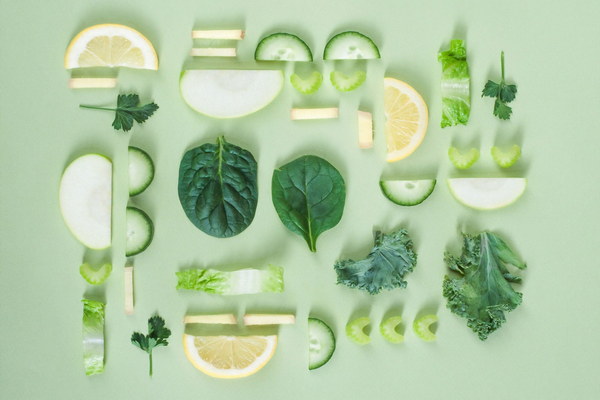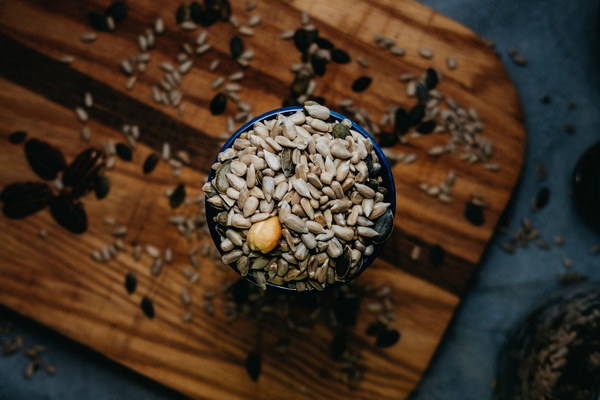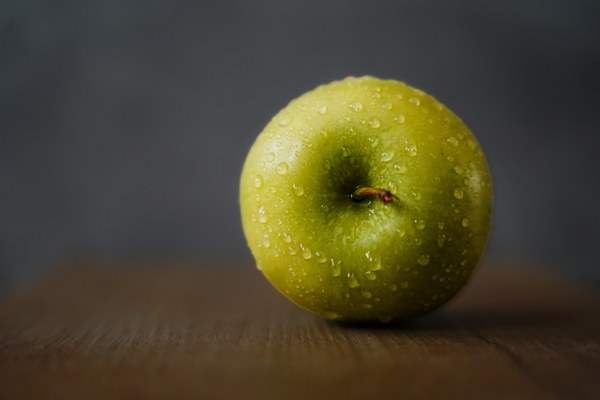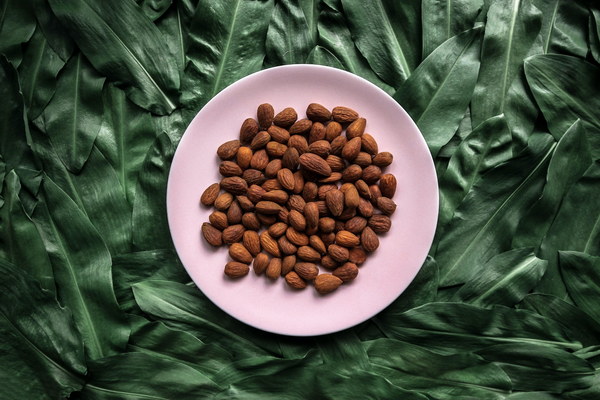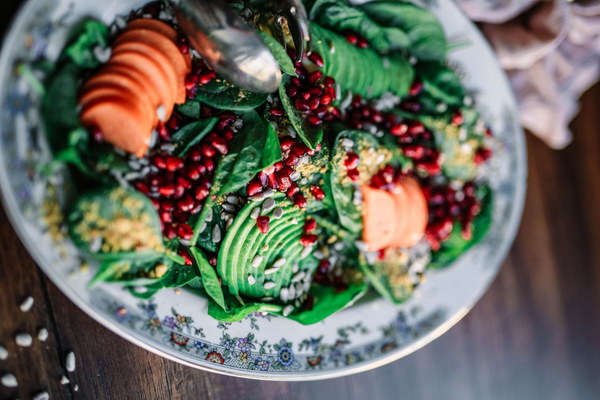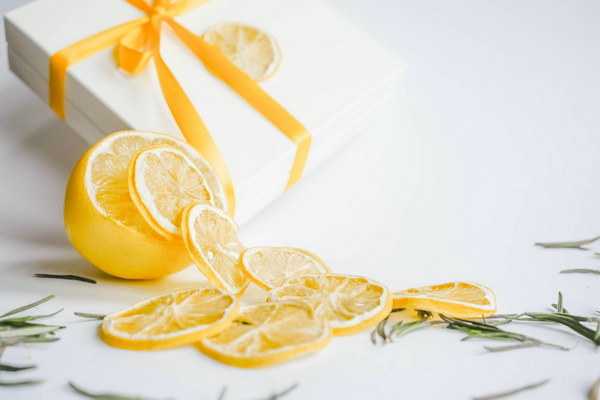Harmonious Health in a Pot Exploring the Healing Elixirs of Traditional Chinese Medicine Soup
In the realm of holistic wellness, traditional Chinese medicine (TCM) has long been celebrated for its ability to nourish the body and mind. One of the most cherished methods of TCM is the art of creating medicinal soups, known as yaoshan in Chinese. These soups are not just a meal, but a therapeutic experience, blending the essence of herbs and ingredients to promote health and balance. Let's delve into the world of yaoshan soup and explore some of the key ingredients that make these healing elixirs so special.
The Foundations of Yaoshan Soup
At the heart of yaoshan soup lies the principle of qi, or vital energy, which TCM believes to be the essence of life. The goal of yaoshan soup is to restore and maintain the flow of qi within the body, addressing both physical and emotional imbalances. The key to crafting the perfect yaoshan soup lies in the careful selection of ingredients, each chosen for its unique healing properties.
Common Ingredients and Their Benefits
1. Goji Berries (Lycium barbarum): These vibrant red berries are a staple in yaoshan soup for their high vitamin C content and antioxidant properties. They are believed to enhance the immune system, improve vision, and boost vitality.
2. Astragalus Root (Astragalus membranaceus): Known for its immune-boosting effects, astragalus root is often included in yaoshan soup to support overall health and fight off illnesses.
3. Dong Quai (Angelica sinensis): This herb is renowned for its ability to nourish the blood and regulate the menstrual cycle. It is often used in yaoshan soup to alleviate menstrual cramps and support reproductive health.
4. Codonopsis Root (Codonopsis pilosula): Also known as Chinese ginseng, codonopsis root is a popular ingredient in yaoshan soup due to its adaptogenic properties. It helps the body cope with stress and fatigue, and is believed to enhance memory and cognitive function.
5. Ganoderma (Lingzhi): This mushroom is revered in TCM for its potential anti-aging, anti-inflammatory, and immune-boosting properties. It is often added to yaoshan soup to promote longevity and overall well-being.

6. Jujube Dates (Ziziphus jujuba): These small, sweet fruits are rich in vitamins and minerals, making them a great addition to yaoshan soup. They are believed to strengthen the heart, improve sleep, and enhance mood.
7. Schisandra Berries (Schisandra chinensis): These berries are known for their adaptogenic and antioxidant properties, as well as their ability to balance the body’s five flavors. They are often used in yaoshan soup to promote longevity and improve overall health.
Crafting the Perfect Yaoshan Soup
The process of making yaoshan soup is a delicate art that requires precision and patience. Here is a basic recipe to get you started:
Ingredients:
- 1 cup of chicken or pork bones
- 8 cups of water
- 1 tablespoon of astragalus root
- 1 teaspoon of goji berries
- 1 teaspoon of codonopsis root
- 1 teaspoon of ganoderma slices
- 10-15 jujube dates
- Salt to taste
Instructions:
1. Soak the astragalus root, codonopsis root, and ganoderma in water for at least 30 minutes to extract their flavors.
2. Place the chicken or pork bones in a large pot and cover with water. Bring to a boil, then remove the scum that rises to the surface.
3. Add the soaked herbs, goji berries, and jujube dates to the pot. Reduce the heat and simmer for 1-2 hours, or until the soup is rich and flavorful.
4. Season with salt to taste and serve hot.
Conclusion
Yaoshan soup is a testament to the wisdom of traditional Chinese medicine, offering a delicious and therapeutic way to maintain health and balance. By incorporating these powerful ingredients into your daily routine, you can experience the healing benefits of yaoshan soup and embrace the harmony of mind, body, and spirit.

